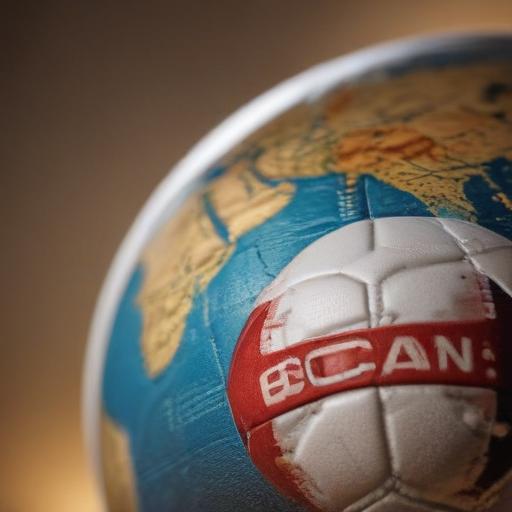On Wednesday, President Donald Trump signed a travel ban affecting 12 nations, stating it aims to safeguard the national security of the United States. The travel restrictions will take effect on Monday and will prohibit citizens from Afghanistan, Myanmar (Burma), Chad, the Republic of Congo, Equatorial Guinea, Eritrea, Haiti, Iran, Libya, Somalia, Sudan, and Yemen from entering the U.S. This ban applies to both immigrants and non-immigrants.
Additionally, partial restrictions will be placed on nationals from Burundi, Cuba, Laos, Sierra Leone, Togo, Turkmenistan, and Venezuela. This development carries significant implications for soccer, particularly with respect to FIFA hosting two major tournaments in the U.S. over the next few years: the FIFA Club World Cup set to begin on June 14 and the World Cup 2026, co-hosted with Canada and Mexico. Iran, which has already qualified for the World Cup, and several other nations facing travel bans are in contention for a spot, heightening concerns about their participation.
Crucially, Trump’s travel ban includes an exemption for athletes and their immediate support teams attending major sporting events such as the World Cup and the Olympics. This means that Iran will be able to send its qualified team along with necessary support staff, although players may have restrictions on bringing relatives who are Iranian nationals.
Among the countries with full travel bans, Haiti is positioned well in the qualification process for the 2026 World Cup, having performed strongly in its matches thus far. If Haiti qualifies, they will also be allowed to participate despite the ban, similar to Iran’s situation. Libya, currently in a more precarious position for qualification, could face restrictions in terms of supporters attending the tournament.
Regarding the upcoming Gold Cup, which will also take place in the U.S., Haiti remains a key competitor. Although Trump’s order does not specifically mention this tournament, the White House has confirmed that it also qualifies as a major sporting event, allowing teams like Haiti to enter the country to compete.
The impact of the travel ban extends beyond athletes to supporters wishing to attend the events. While exemptions exist for certain groups, it is uncertain how many fans from the affected countries will be able to travel to the U.S. to support their teams. Queries to FIFA regarding tickets purchased by nationals from banned countries have yet to yield clear answers about potential access or refunds for those unable to attend.
FIFA has previously stated that all teams and their supporters must have access to the host country for a successful World Cup, emphasizing the need for an open environment for fans. The ambiguity surrounding these travel restrictions could deter global travelers from attending high-profile events, potentially impacting economic outcomes linked to the tournaments.
Overall, while the exemptions for athletes are positive, uncertainty remains regarding broader attendance for fans from affected countries, highlighting the balancing act between security concerns and ensuring a welcoming atmosphere for international sporting events.
